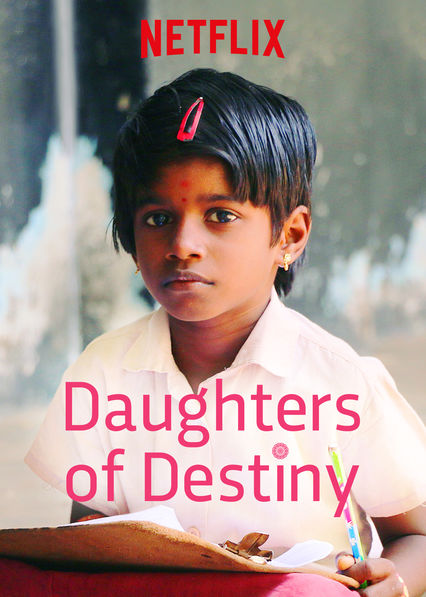About Our Guest
Ajit George is the Director of Operations at Shanti Bhavan's Children's Project.
Shanti Bhavan brings children from generational poverty to a life of dignity and achievement. Their students are the first in their families to become authors, computer scientists, engineers, entrepreneurs, teachers.
Their mission is to break the cycle of poverty for India’s "lowest caste", also known as the untouchables in India, by providing impoverished children with a world-class education from pre-kindergarten through college, and into their working careers.
Does this sound completely unrealistic?
Ajit's father, Dr. Abraham George, is the Founder and Principal of Shanti Bhavan since 1997. That's right - Shanti Bhavan has been around for 20 years and raised a generation of students.
This is a true story of love and hope.
You might be wondering how I discovered Shanti Bhavan and Ajit George. It was through their Netflix series called Daughter's of Destiny, featuring the story of five young women from Shaunti Bhavan. After listening to this episode, I highly encourage you to binge watch this series. :)
Show Notes

[05:00] Did Netflix triggered new interest in the Shanti Bhavan organization?
[07:00] What are some of the things that you learned from hearing the stories about these people while shooting the documentary?
[09:00] The production was very big. How did the production of that series impact your life and your role in the organization?
[13:00] What is your particular role in the organization? There is a generational gap and you are a facilitator between the subgroups. How does that make you feel?
[18:00] Shanti Bhavan not only admit girls but also has boys, but the documentary focuses on the stories of young girls. Was this on purpose and part of the original plan?
[22:00] Fei and Ajit discussing the role of women in a poor environment and families and relating that their roles, decisions, and impact.
[28:00] What was it like when your father approached you, as a kid, and shared this vision of Shanti Bhavan?
[31:00] Where did you grow up? What are some of your early memories?
[36:00] Your parents had a very different vision for their success (instead of seeking financial growth exclusively, they want to change the lives of future generations). What are your comments on that?
[45:00] How much time do you spend between the US and India? Where do you currently live in the US?
[48:00] How much money do you need to raise in order to replicate the school somewhere else?
[53:00] What sources do you have for financial support?
[56:00] You mentioned organic farming, how does that work at Shanti Bhavan?
Favorite Quotes
[07:00] Some of the stories are very different, but some stories have similarities at least in the challenges of poverty that the individuals writing had. It's been interesting to see how they watched the stories of these 5 young women and felt a connection. That speaks to universal humanism and that’s been very powerful to watch.
[14:00] It’s more than a school, I think of it as a community, and almost an ecosystem. The youngest child there is 4, and the oldest graduate is 25, so that’s a huge range and there’re a lot of traditions and culture that come around for that period of time.
[25:00] Some of the best schools I went to teach me that I should think about myself first, and I should be very successful and I should not worry about anything else besides that. That seems to be at odds with what my parents taught me and what I personally believe in. I believe that we are born into a world that we are sharing with our fellow human beings, and hopefully we are gonna leave this world better than we entered it and that we should be proactive in our contributions.
[26:00] Go on and be successful, go on and make money, go on and attain your dreams. But make sure that part of your dream is to give back to people in need. To give back to society, to be a positive contributor to this world, to help those in trouble...
























用户评论